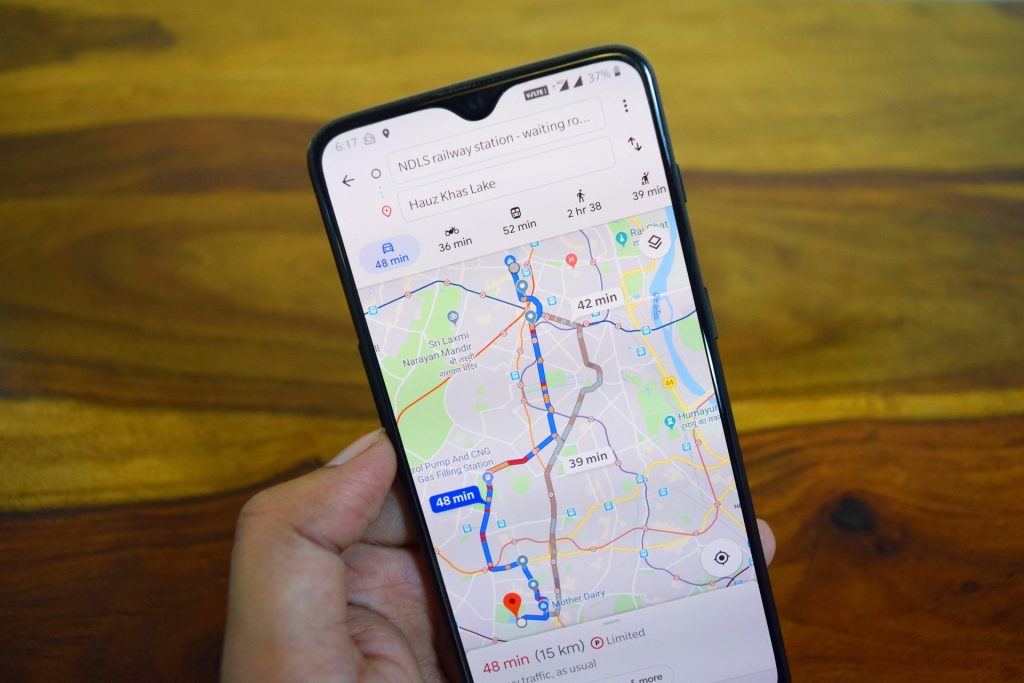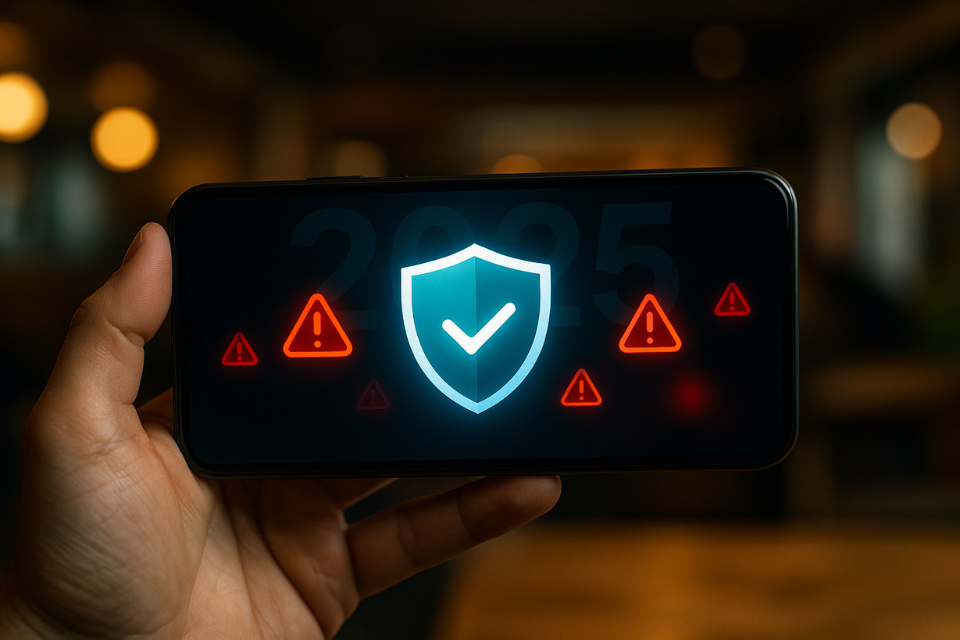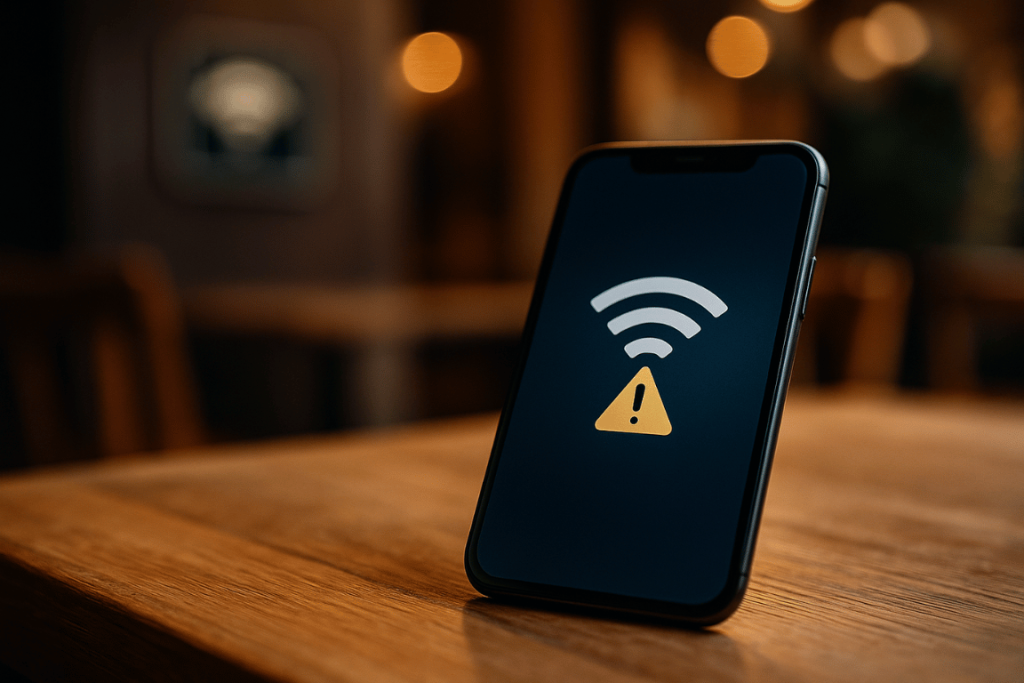Have you ever caught yourself wondering just how much your phone actually knows about you?
Those casual searches, saved passwords, private conversations, and photos you’d rather keep between you and your device they’re all tucked away in your pocket. And in 2025, when mobile technology feels like an extension of your mind, protecting your mobile privacy isn’t just a good idea it’s essential.
Digital threats aren’t just headlines anymore. From hidden trackers to unsecured Wi-Fi networks, your personal data is constantly at risk. The good news? You don’t have to be a cybersecurity expert to take control. Let’s walk through five simple, effective ways to protect your mobile privacy right now.

1. Turn Off unnecessary App permissions
Most apps ask for way more access than they actually need. A photo editing app requesting your microphone and location? That’s a red flag. Many apps collect this extra information for advertising and data profiling without your direct knowledge.
Here’s what you should do:
- Open your phone’s Settings
- Head to App Permissions
- Review permissions like camera, microphone, location, and contacts
- Revoke access for any app that doesn’t need it to function
According to a 2024 report from Privacy International, over 70% of popular mobile apps request permissions unrelated to their core services. By taking a minute to adjust these settings, you instantly limit how much data third-party apps can collect about you.
2. Use a trusted VPN for public Wi-Fi
Public Wi-Fi is convenient, but it’s also one of the easiest ways for hackers to snoop on your online activity. Coffee shops, airports, malls these networks often lack proper security, making your personal details visible to anyone with the right tools.
When you’re on public Wi-Fi, a Virtual Private Network (VPN) acts like an encrypted tunnel between your phone and the internet. It hides your IP address and scrambles your data, keeping prying eyes away.
Why you need one:
- Prevents hackers from intercepting sensitive information
- Blocks your internet provider and apps from tracking your browsing
- Allows secure access to sites no matter where you are
In 2025, cybercrime reports predict a 40% increase in public Wi-Fi attacks. Installing a VPN is one of the easiest ways to stay ahead.
For a full guide, check out our Best Free VPNs for 2025 updated and tested.
3. Disable Ad Tracking and Personalized Ads
Ever notice how you’ll search for something once and see ads for it for days? That’s ad tracking in action. Your phone, through its advertising ID, builds a digital profile of your habits, interests, and preferences.
Take control by disabling ad tracking:
- On iPhone: Go to Settings > Privacy & Security > Tracking and toggle off Allow Apps to Request to Track
- On Android: Head to Settings > Privacy > Ads and turn on Opt out of Ads Personalization
A 2024 consumer privacy survey found that 85% of users feel uncomfortable with how much data personalized ads collect. Turning off tracking stops advertisers from peeking into your digital life without permission.
4. Install privacy-focused Apps
The tools you use daily matter more than you think. Popular apps might offer convenience, but many also harvest vast amounts of personal data. Swapping these out for privacy-respecting alternatives is a smart move.
Consider these replacements:
- Messaging: Use Signal or Session for encrypted chats
- Browsing: Switch to Brave or DuckDuckGo to block trackers
- Password management: Rely on Bitwarden or KeePass for secure storage
Most app stores now include privacy labels detailing what data apps collect. Make it a habit to check these before downloading anything new.
5. Regularly update your operating system and Apps
Ignoring update notifications might seem harmless, but those updates often include vital security patches. Outdated software is one of the most common entry points for malware and hackers.
Stay protected by:
- Turning on automatic updates for your system and apps
- Regularly checking for manual updates if auto-updates are off
- Deleting apps you no longer use, as they can be security risks
A 2025 cybersecurity trends report highlighted that 60% of mobile security breaches involved outdated software. A quick update can save you from major headaches down the line.
Take control of your mobile privacy today
Your phone is more than a device it holds pieces of your personal world. Taking a few minutes to apply these five privacy tips won’t just reduce your digital footprint; it’ll give you peace of mind knowing your personal data is safe.
To recap:
- Trim unnecessary app permissions
- Use a VPN on public Wi-Fi
- Disable ad tracking
- Install privacy-focused apps
- Keep your software updated
Small steps, big impact.
Ready to reclaim your privacy? Start today by reviewing your app permissions or downloading a trusted VPN. And if you found this guide helpful, share it with a friend — because privacy is something we should all protect together.
Even in a world where convenience often overshadows caution, protecting your data is still your right. In 2025 and beyond, your phone should serve you not advertisers, data brokers, or hackers. Keep control in your hands.






